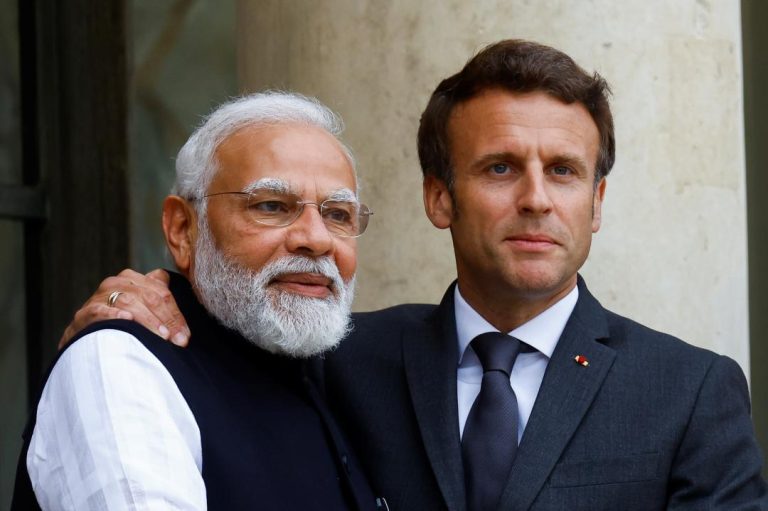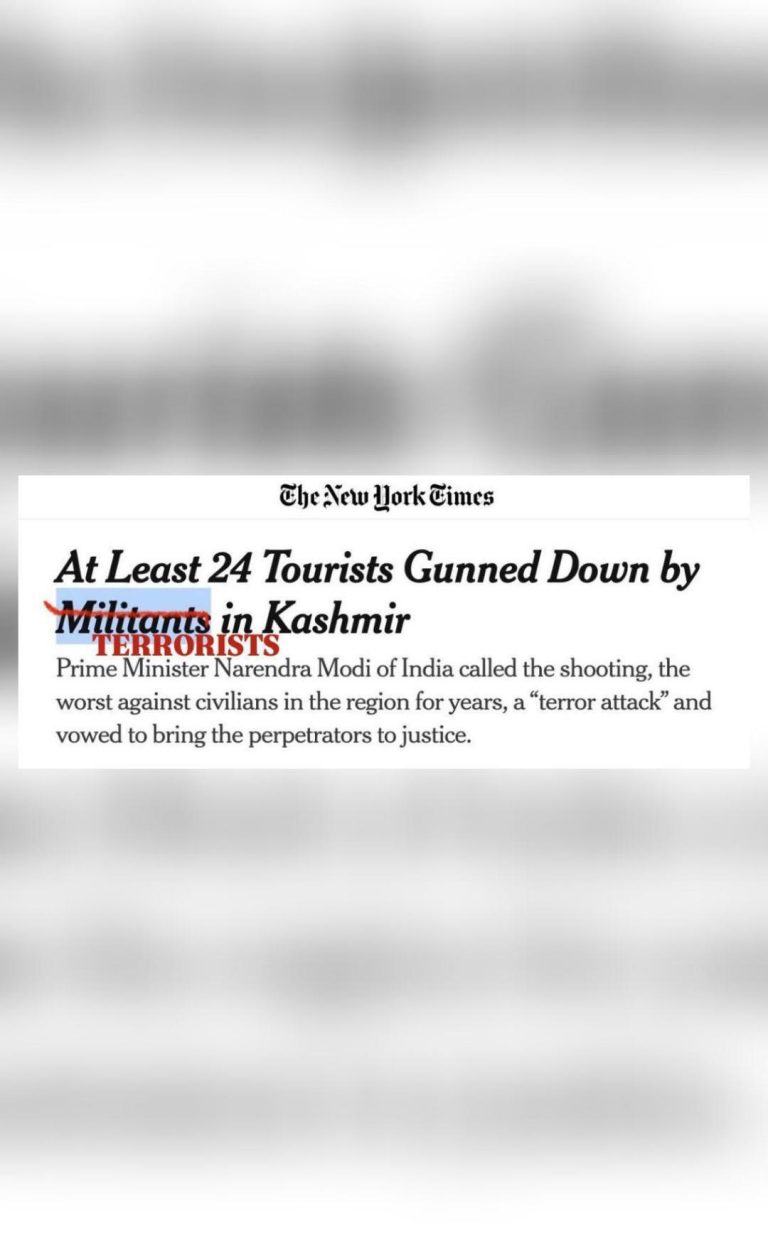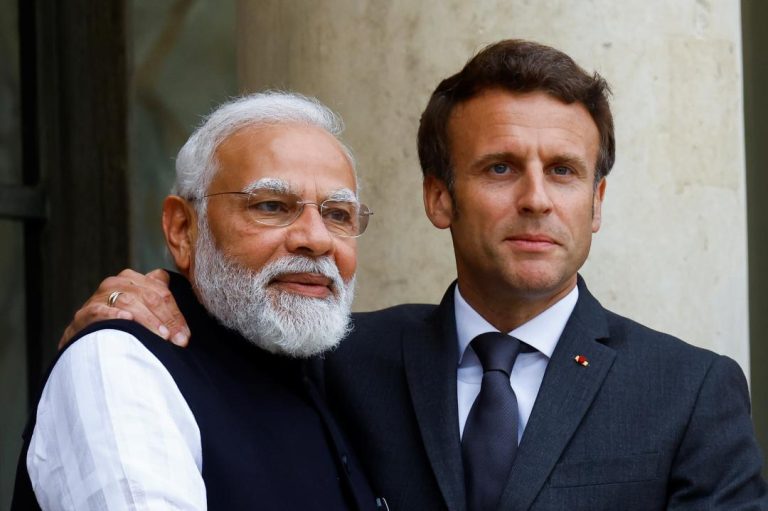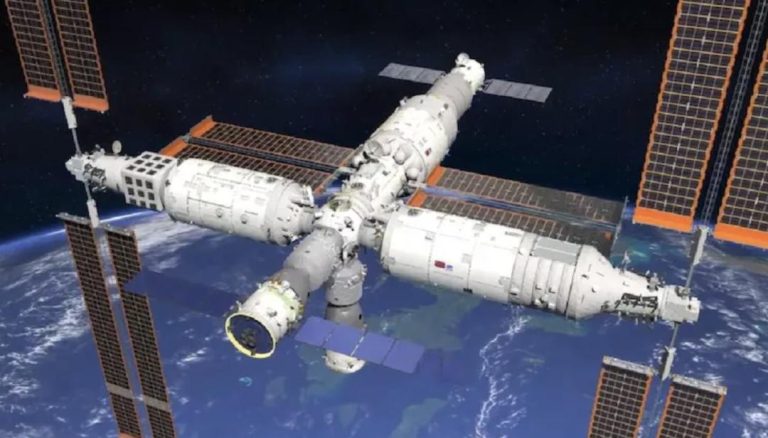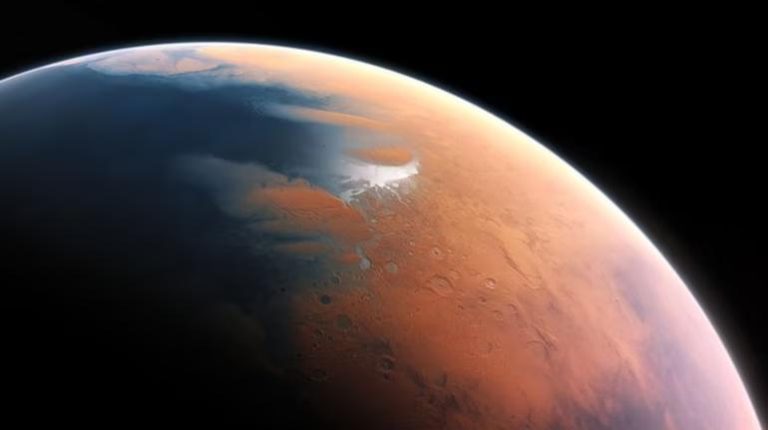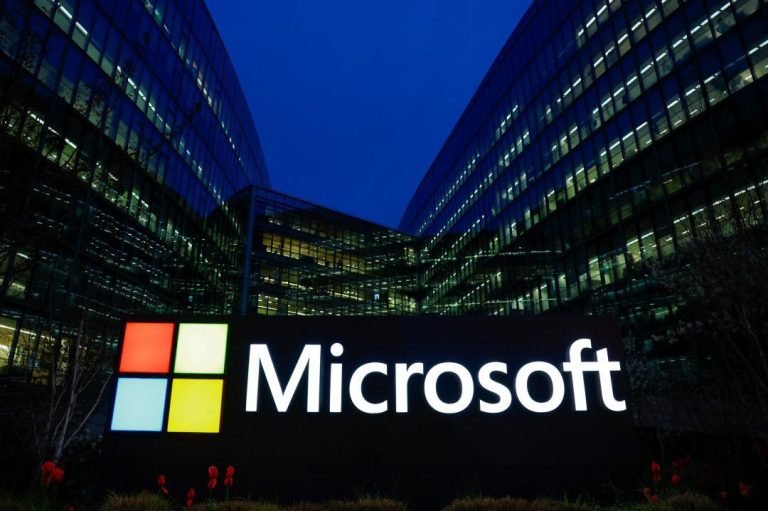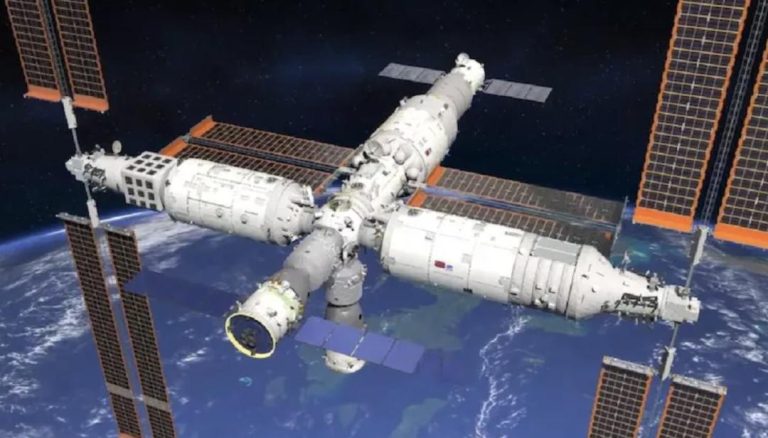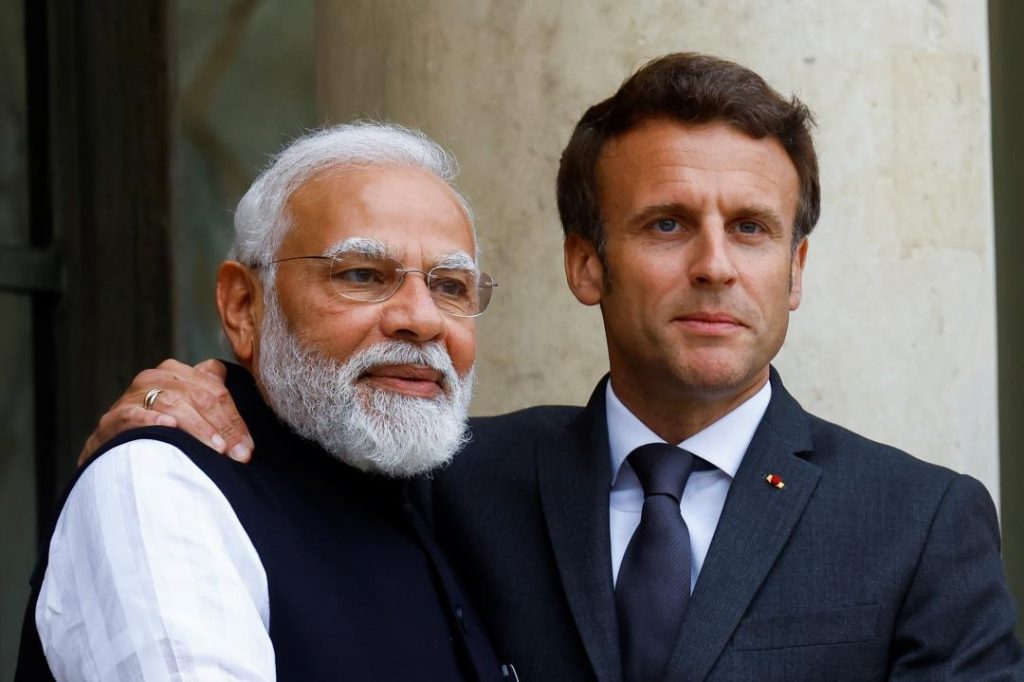
Macron Calls PM Modi After J&K Terror Attack, Offers Condolences
In the aftermath of the recent terror attack in Jammu and Kashmir’s Pahalgam, French President Emmanuel Macron reached out to Prime Minister Narendra Modi to offer his condolences. The attack, which resulted in multiple casualties, has sent shockwaves across the country, and Macron’s gesture is a testament to the strong diplomatic ties between France and India.
According to a statement released by the Ministry of External Affairs (MEA), Macron called PM Modi on Thursday to express his “personal” condolences over the tragic incident. During their conversation, Macron condemned the attack in the strongest possible terms, describing it as “totally unacceptable.” He also reiterated France’s commitment to fighting terrorism and working together with India to combat this global menace.
PM Modi, in turn, thanked Macron for his message of support and conveyed India’s resolve to bring the perpetrators of the attack to justice. The MEA spokesperson, Randhir Jaiswal, revealed that PM Modi briefed Macron on the situation in Jammu and Kashmir and assured him that India is taking all necessary measures to ensure the safety and security of its citizens.
The terror attack in Pahalgam, which occurred on [Date], has left many people injured and has sparked widespread outrage across the country. The incident is being viewed as a serious challenge to India’s national security and a direct attack on its sovereignty.
Macron’s decision to reach out to PM Modi is significant, considering the strong diplomatic ties between France and India. The two countries have been cooperating closely on a range of issues, including counter-terrorism, and have shared intelligence to combat the threat of terrorism.
In recent years, France has been a key ally of India in its fight against terrorism. In 2016, France and India signed a bilateral agreement on international cooperation in the fight against terrorism, which aimed to strengthen their collaboration in preventing and combating terrorism. The agreement also recognized the importance of working together to prevent the spread of terrorist ideologies and to promote regional and global stability.
Macron’s call to PM Modi is also seen as a demonstration of France’s commitment to its Indo-Pacific strategy, which aims to strengthen its ties with countries in the region, including India. The strategy, which was launched in 2018, is designed to promote peace, stability, and prosperity in the Indo-Pacific region, and to counter the growing influence of China.
In recent months, there have been several instances of terrorism in Jammu and Kashmir, which have resulted in significant loss of life and property. The attacks have been widely condemned by governments around the world, and have sparked concerns about the impact of terrorism on regional security.
In the aftermath of the Pahalgam attack, there have been calls for increased security measures to protect the lives and property of citizens in Jammu and Kashmir. The government has announced a number of measures to ensure the safety and security of its citizens, including increased patrols and surveillance in the affected areas.
The attack has also sparked concerns about the role of Pakistan in the region. Pakistan has been accused of providing support to terrorist groups operating in Jammu and Kashmir, and there have been calls for the international community to take action against Pakistan for its alleged role in the attack.
In conclusion, Macron’s call to PM Modi is a significant development in the wake of the Pahalgam terror attack. The gesture is a testament to the strong diplomatic ties between France and India, and demonstrates France’s commitment to combating terrorism and working together with India to promote regional and global stability.
As the world grapples with the growing threat of terrorism, it is essential for countries to work together to combat this menace. Macron’s call to PM Modi is a step in the right direction, and demonstrates the importance of international cooperation in the fight against terrorism.
